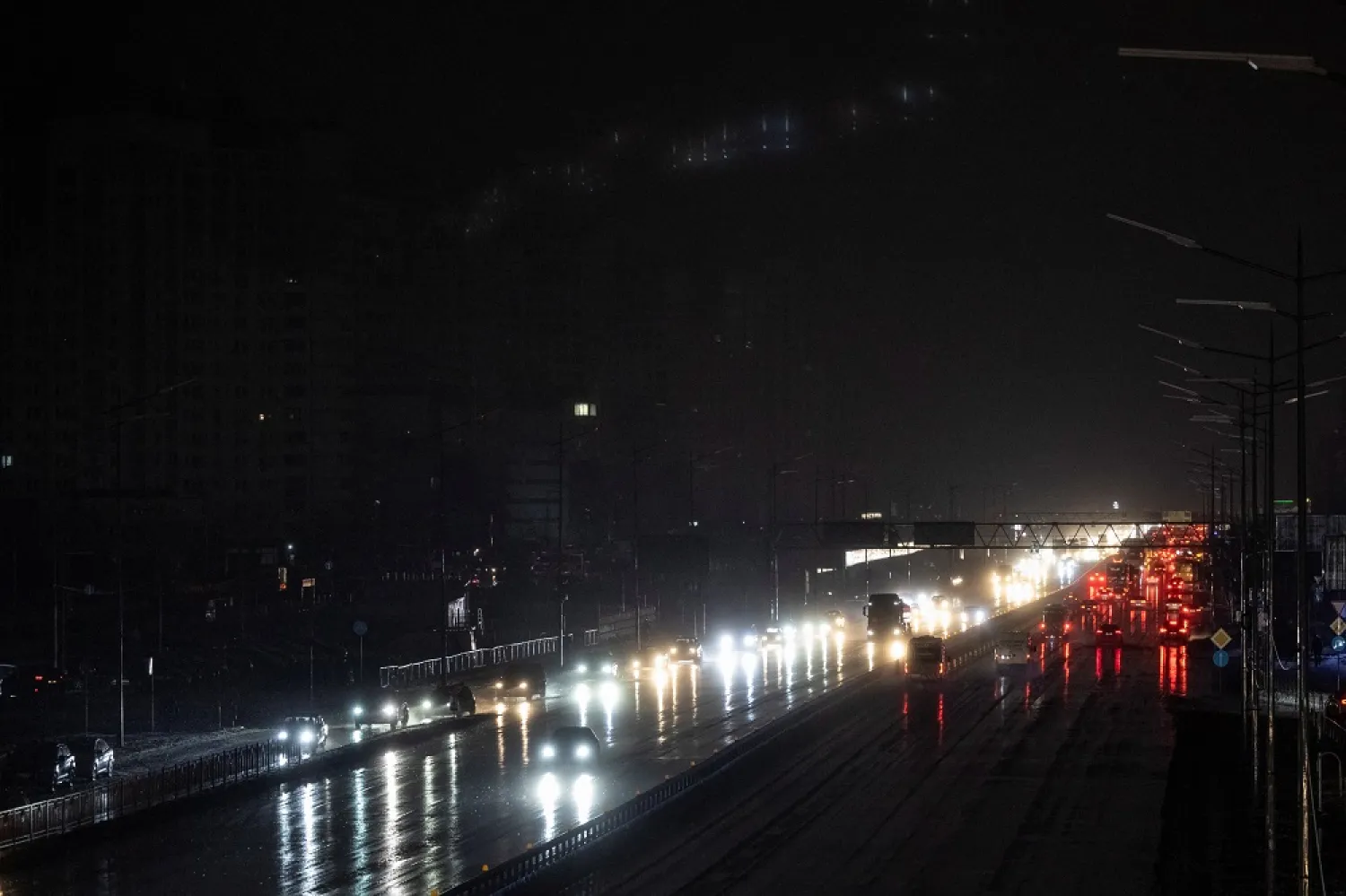Ukrainian small and medium-sized businesses have imported about half a million power generators but the country needs thousands more that are bigger and stronger to get through winter, Prime Minister Denys Shmyhal said on Friday.
Ukraine has increasingly suffered power cuts and blackouts because of Russian attacks on its energy infrastructure since October.
"Small and medium-sized Ukrainian entrepreneurs have already imported 500,000 low power generators. But to get through the winter we will need about 17,000 big and industrial generating units," Shmyhal told a government meeting.
"We hope to cover part of these needs with the help of our partners," he said.
Ukraine's grid operator Ukrenergo said after the latest Russian air strikes on Friday that repair times would be longer than after previous attacks, and that it would take longer to restore power.









